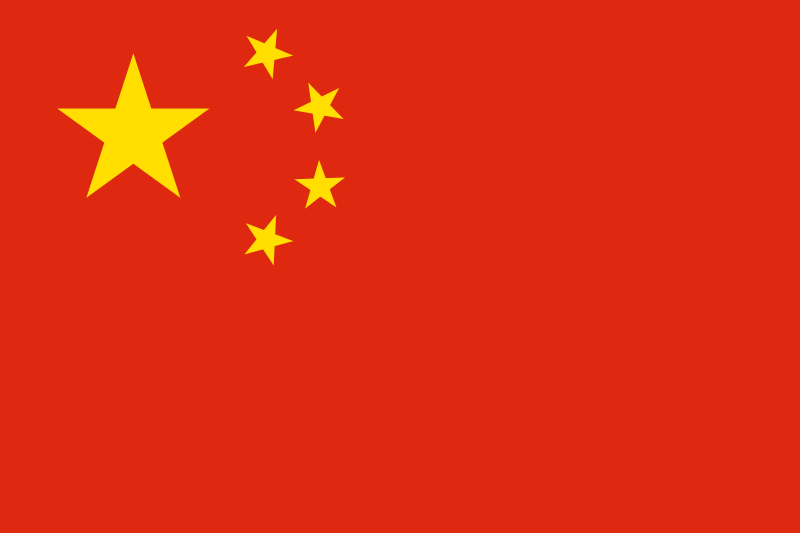Strategic Trade Controls: What Do Firms Need to Know?
- Export controls are in place to prevent technology and goods from being acquired by those seeking to used them for illicit military-related end uses and are an important tool of national security
- Firms need to be aware of the control status of their products and of the potential uses of their goods in military or WMD programmes
- A licence is required when exporting controlled goods and potentially when exporting non-listed goods to sensitive destinations
- There are significant legal and financial risks associated with deliberate and inadvertent involvement in illicit transfers
- A systematic approach to compliance is required to mitigate risks effectively
- If firms have questions about the scope and requirements of export controls, they should contact Project Alpha at This email address is being protected from spambots. You need JavaScript enabled to view it.
- A link to your licensing authority can be found on this page
The Purpose of Export Controls
Export controls and sanctions are in place in order to allow national authorities (various departments of the British government in the UK case), an opportunity to assess the international security and proliferation risks associated with the export of certain sensitive military-related technologies. They allow a country’s government to act to safeguard the national security of that country and to avoid fuelling conflict or internal repression overseas.
More specifically, some of the purposes of export controls are:
-
To prevent goods from contributing to WMD programmes
-
To prevent the transfer of goods which could contribute to sanctioned military programmes or cause regional instability
-
To prevent those goods, for example as weapons, from contributing to human rights abuses
-
To prevent those who support or direct the activities above from accessing the British, European, US, or international marketplace
The Scope of Export Controls
Export controls cover ‘technology’ which is taken to mean both tangible goods, as well as the intangible technology associated with controlled goods.
The EU maintains a military list and a dual-use list. Military goods are largely what you might expect: arms, tanks, missiles, and other equipment specifically designed or prepared for a military end use. The dual-use list includes a relatively broad range of technologies that can be incorporated either into military goods or into weapons of mass destruction programmes.
However, export controls can also encompass non-listed technologies. This typically occurs in cases where exporters ‘know or suspect’ that technology is destined for sanctioned entities or programmes of concern. A ‘catch-all’ control exists to allow uncontrolled goods to be prevented from reaching such destinations.
Country-specific Restrictions
In addition to export controls which impose a licence requirement on any country regardless of destination, a range of country-specific restrictions or ‘sanctions’. These measures can restrict trade in a number of ways:
· Introducing a presumption of denial for export licences
· Prohibiting trade with certain entities in specified countries (designated entities)
· Restricting investment in certain industry sectors, such as Iran’s oil and gas sector
UK Government Departments Involved
In the UK, as in most countries, there are multiple government departments involved in the export control process. This is because export controls cover a number of policy areas.
The principal organisation in the UK system is the Export Control Organisation (ECO) which is a part of the Department for Business Innovation and Skills (BIS). This is the organisation with which exporters communicate with when applying for export licenses.
A second lead organisation is HM Treasury, which advises on trade with designated entities.
Other government departments are also involved such as: the Foreign and Commonwealth Office (FCO), which sets the strategic objectives and conduct diplomacy relating to the UK’s international commitments; the Ministry of Defence (MOD), which deals with military and technical issues; the Department for Energy and Climate Change (DECC), which deals with nuclear issues; the Department for International Development (DFiD), in cases where exports may have implications for UK development assistance; and HMRC and the UK Border Service, which undertake enforcement actions when necessary.
The Requirements of Export Controls
UK export control legislation usually requires that the exporter holds an export licence at the time of export. A valid licence is required, in most cases, if the goods are controlled or they are destined for a sanctioned destination or an end-user of concern.
Open licences are available in all EU countries, providing exporters with a more simple way to export less proliferation-sensitive goods to less sensitive destinations. With these types of licences, the emphasis is on registration, the record-keeping of the exporter, and compliance audits carried out by government representatives.
Licence applications are both made by exporters and assessed by government through the online Spire system.
The Consequences of Non-Compliance
There are significant risks associated with non-compliance with export controls. These include legal risks – fines of hundreds of thousands of pounds and imprisonment of several years – as well as reputational risks and associated financial costs. A number of case studies of UK prosecutions can be found on the ECO website.
However, exporters should be aware that compliance with export controls does not fully mitigate risks. Firms can be compliant with the law and still have their goods diverted to programmes of concern. Extra due-diligence is important in this regard. Exporters should contact their national authority or Alpha when in doubt.
Managing Compliance and Non-proliferation Requirements
Given the detailed and sometimes changing requirements of export controls, it is important that firms take a systematic approach to compliance and non-proliferation to mitigate risks fully. This should include ensuring that a senior official is responsible for trade compliance and include providing training to all relevant staff. More information about best practice compliance can be found here.
Each country maintains its own export licensing system. A link to yours can be found on the following page.
Many countries allow exporters to apply for licences electronically. For example, all UK licence applications must be submitted through the SPIRE system.



